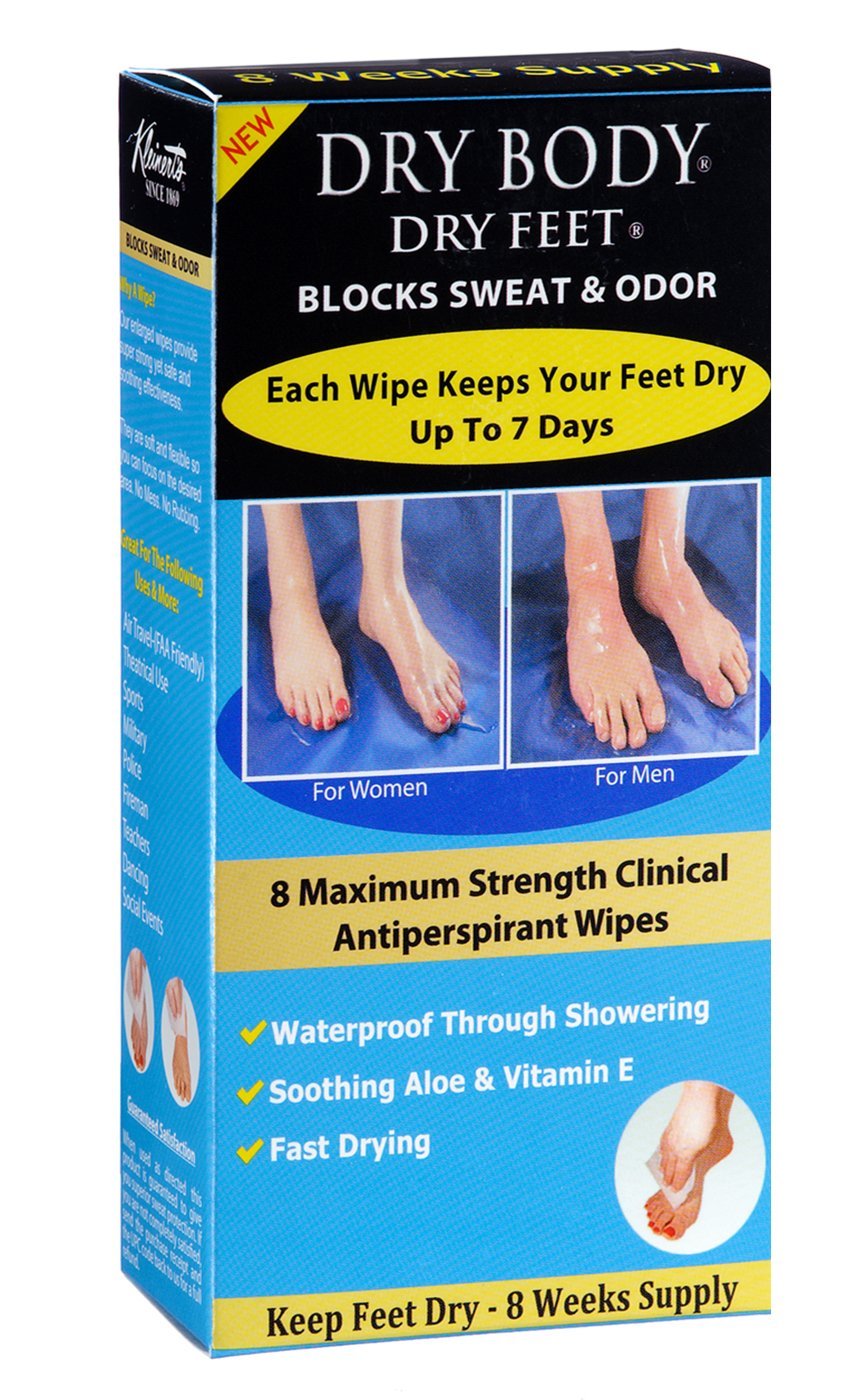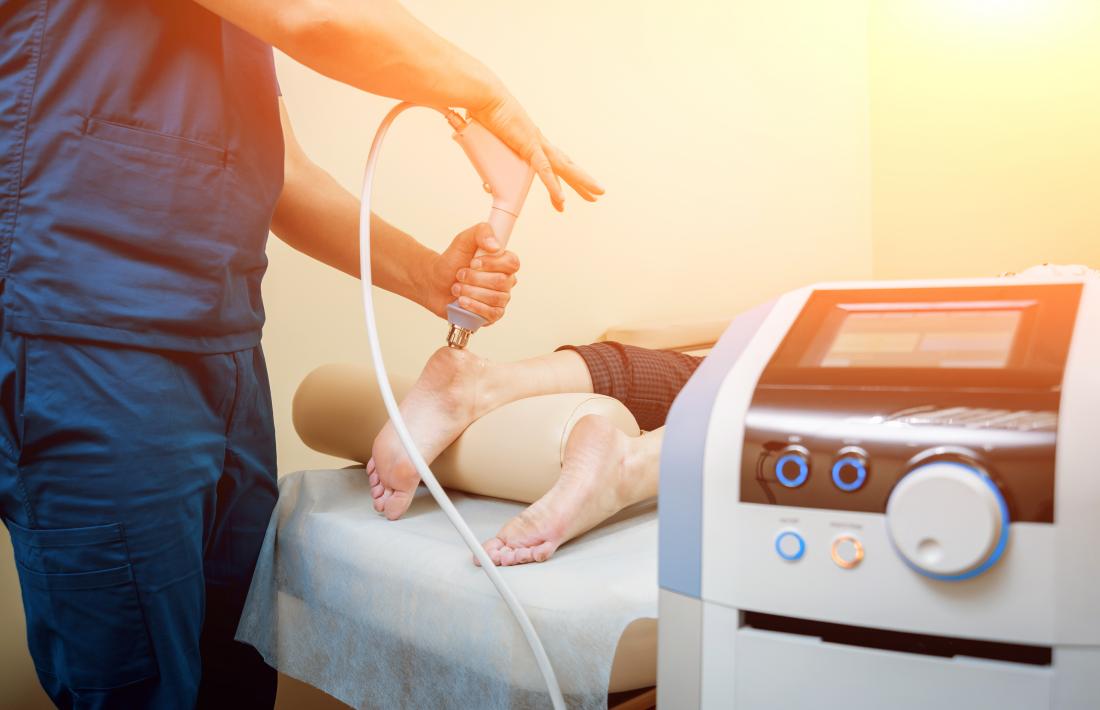Leading Dermatology Treatments for Hyperhydrosis of Hands and Feet: What You Required to Know
Leading Dermatology Treatments for Hyperhydrosis of Hands and Feet: What You Required to Know
Blog Article
Recognizing the Root Causes of Excessive Sweating and Its Influence on Life
Too much sweating, also referred to as hyperhidrosis, is a condition that impacts a significant part of the populace, yet its hidden causes and implications on everyday operating remain somewhat enigmatic. While it is frequently recognized as a physical reaction to control body temperature level, the triggers for excessive sweating can vary commonly amongst people, encompassing not only physical aspects but psychological and likewise psychological components. The impact of this condition prolongs beyond simple discomfort, commonly affecting social communications and overall quality of life. By delving into the root causes of hyperhidrosis and exploring its multifaceted impacts, a deeper understanding of this pervasive issue can be acquired, dropping light on the complexities that people coming to grips with extreme sweating browse on a day-to-day basis.
Physiology of Sweat Glands
The policy of sweat manufacturing, a critical physiological process, is largely managed by the task of sweat glands distributed throughout the human body. Gland are categorized right into 2 major types: eccrine and apocrine glands. Eccrine glands are one of the most many and are found in nearly all areas of the body. They play a vital function in thermoregulation by producing a watery fluid onto the skin's surface area, which aids and evaporates cool down the body down. In contrast, apocrine glands are focused in areas abundant in hair roots, such as the armpits and groin, and their secretions are thicker and milklike in appearance.
When the body temperature level rises, either because of physical task, high temperatures, or psychological tension, the worried system triggers the sweat glands to generate sweat. This sweat is made up mainly of water and electrolytes like salt and chloride. The procedure of sweat production is vital for keeping the body's internal temperature within a slim, optimum range, highlighting the important duty sweat glands play in human physiology.
Triggers for Excessive Sweating
In recognizing the origin causes of excessive sweating, it is vital to recognize the triggers that can result in this physiological action. Too much sweating, also known as hyperhidrosis, can be triggered by different variables, both environmental and physical. One usual trigger is emotional tension or anxiousness, which can boost the body's sweat glands to produce more sweat than is required for cooling down. Physical exertion, heats, and spicy foods are additionally recognized to set off extreme sweating in people susceptible to this condition. Particular clinical problems like hyperthyroidism, diabetes mellitus, or menopause can contribute to extreme sweating as well.
Moreover, medicines such as some antidepressants, opioids, and particular supplements can likewise act as triggers for hyperhidrosis. Recognizing these triggers is necessary in managing too much sweating successfully - Sweaty hands treatment. By identifying and resolving the particular triggers that prompt extreme sweating in an individual, doctor can develop tailored treatment strategies to reduce this problem and improve the person's quality of life
Medical Issue Associated
Associated with too much sweating are various clinical conditions that can worsen this physiological action. One common problem is hyperhidrosis, a problem defined by abnormally boosted sweating that exceeds the body's thermoregulatory requirements. This can show up in focal areas like the palms, soles, underarms, or face, influencing an individual's lifestyle as a result of social embarrassment and discomfort.
Additionally, endocrine problems such as hyperthyroidism, diabetes, and menopausal hot flashes can likewise result in too much sweating. Hyperthyroidism creates an overproduction of thyroid hormones, accelerating metabolism and setting off sweating. Diabetic issues can cause sweating episodes, especially during hypoglycemic episodes when blood sugar levels drop too low. Menopausal warm flashes, credited to hormone changes during menopause, can trigger sudden and intense sweating, usually accompanied by flushing and heart palpitations.
Furthermore, infections like tuberculosis, endocarditis, and hiv have been connected with evening sweats, an usual sign known to interfere with rest and impact overall health. These you can try here medical conditions highlight the varied array of underlying variables that can contribute to excessive sweating, demanding thorough analysis and monitoring by healthcare professionals.
Mental and emotional Variables

Effect On Social Interactions
Too much sweating can have profound results on a person's capability to engage comfortably in social communications. The visible signs of sweat discolorations or wet spots on garments can result in embarrassment and self-consciousness, triggering individuals to take out from social situations. This withdrawal can influence connections, limit social activities, and prevent expert and individual growth.

Additionally, the anxiousness and self-esteem issues coming from extreme sweating can influence interaction and social abilities. People may struggle to concentrate on conversations, join group activities, or reveal themselves with confidence. This can bring about sensations of seclusion and isolation, as social links come to be testing to keep.
Verdict

While it is commonly understood as a physical action to control body temperature, the triggers for excessive sweating can vary extensively amongst individuals, encompassing not just physical aspects however also emotional and emotional components. By diving into the root creates of hyperhidrosis and discovering its multifaceted effects, a much deeper understanding of this pervasive issue can be obtained, dropping light on the complexities that people grappling with extreme sweating navigate on a day-to-day basis.
Physical effort, high temperatures, and spicy foods are additionally understood to trigger excessive sweating in people prone to this problem. By determining and addressing the certain triggers that prompt too much sweating in a private, healthcare carriers can establish personalized therapy plans to ease this condition and enhance the person's high quality of life.
Too much sweating can have profound results on an individual's capability to engage easily in social communications.
Report this page